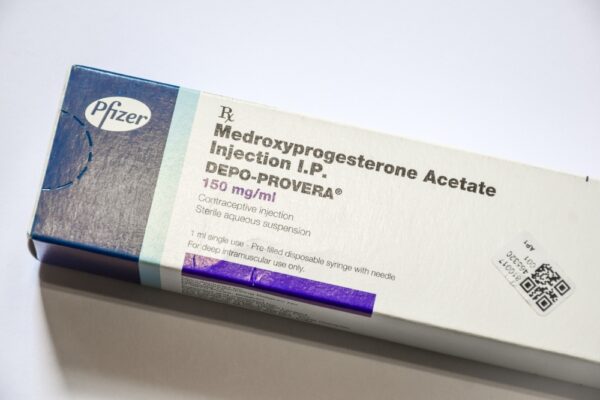According to a recent article in the Associated Press, during the last few years, metal on metal hip implants have become increasingly popular among and physicians believed these devices to be more durable than the traditional artificial hip replacements made from ceramic and plastic.
However a few months ago, European experts at the world largest artificial joint registry advised doctors that they should stop using metal-on-metal hip replacements because these devices have a high early failure rate.
This early failure rate has been the subject of many lawsuits brought on by recipients of Deputy's ASR Total Hip Replacement System and Pinnacle Hip Replacements and Biome's Magnum hip implant.
While these metal on metal hip implants have a lifetime of 10 to 15 years, more than 6% of the recipients required a revision surgery after less than five years. Ironically, the ceramic and plastic devices, which surgeons believed to less sturdy, had an early failure rate of just 2%.
After receiving close to 17,000 adverse events, the FDA ordered that all manufactures of these device conduct post market surveillance of their own products, and records the side effects of their devices.
As a follow up to the order of post market surveillance, the FDA held an advisor Panel on Wednesday and Thursday to discuss whether or not the FDA should apply stronger standards for metal-on-metal hip implants.
Melissa Hague, a Philadelphia Medical Device Lawyer, attended the Panel with one of her clients, Patricia Lorenz. Patricia’s husband Stephen received a DePuy hip implant three years ago, and is one of the many patients suing DePuy, a division of Johnson and Johnson, for metal poisoning caused by the devices failure. Like most of the devices that fail early, Stephen's needs to be replaced. But to do the severity of his injuries, no doctor wants to touch him.
How does one get metal poisoning from the device? The metal ball at the top of the femur grinding against the metal socket liner create friction that shaves off bits of cobalt and chromium which make it into the blood stream.
DePuy recalled these devices in 2010 and admitted that these devices were never subject to any clinical trials. It is the thousands of patients that received these devices that are suffering with the results of being an unknown guinea pig.

The Legal Examiner and our Affiliate Network strive to be the place you look to for news, context, and more, wherever your life intersects with the law.













One Comment
Barb Glapa
Have there been any issues with the "ostenonix" hip replacements? Had a replacement 10 years ago and suffer with tremendous pain often.
Comments for this article are closed.